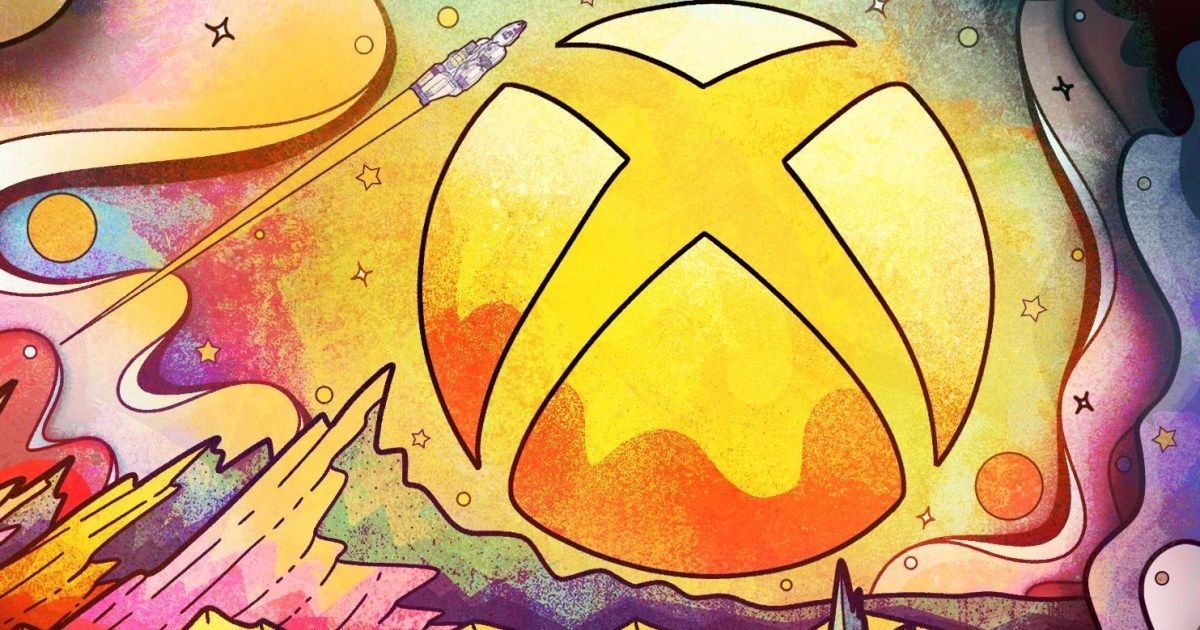At the end of 2024, Xbox finds itself at a crossroads that many fans wouldn’t have anticipated at the start of the year.
Finally bearing the fruits of its pricey Activision Blizzard acqusition, Xbox has had one of its most consistent years in terms of game output. Game Pass received a healthy number of day-one games throughout the year, and Microsoft delivered a new first-party title to the service every month between September and December.
Elsewhere, Xbox’s messaging lacked cohesion. On top of laying off thousands of developers, shutting down studios, and making Game Pass more expensive, Xbox no longer seems as focused on those very exclusives that helped elevate its strong year. Instead, it’s at the start of a broad multiplatform approach that wuld make its games playable in as many places as possible — even on the PlayStation 5. Xbox leadership has been wishy-washy when publicly commenting on where the new direction is ultimately heading. Like Sony, which stumbled through its own unclear vision this year, Xbox needs to commit to a plan in 2025.
Xbox’s wild year
Coming into 2024, I had an optimistic view of Xbox. Following an excellent Developer_Direct in January, I was convinced that this was Microsoft’s year to dominate the gaming space. Instead, it got mired in controversy days later that it never escaped. First, the company laid off developers from the recently acquired Activision Blizzard. Then, rumors started swirling that Xbox games would be going multiplatform.
Instead of instantly and confidently responding to these issues, Xbox released a podcast weeks later where Microsoft Gaming CEO Phil Spencer and other exectives would do little more than confirm that four games — Pentiment, Grounded, Hi-Fi Rush, and Sea of Thieves — would come to other platforms. In fact, Spencer outright said, “if you’re on those other platforms and you see these four games coming, please don’t take it as some signal that everything’s coming.”
However, as the year went on, that statement started to feel untrustworthy. Games like Senua’s Saga: Hellblade 2 did launch as Xbox exclusives, but not without a flood of rumors that they were coming to the PS5. The closure of several Bethesda studios, including beloved Hi-Fi Rush developer Tango Gameworks, indicated that Microsoft was more concerned with making money in the wake of a $69 billion acquisition rather than creating art. If that’s your main goal, releasing on as many platforms as possible makes sense.
Doom: The Dark Ages was announced during June’s Xbox Games Showcase with PS5 listed as a platform. At Gamescom, we learned that Indiana Jones and the Great Circle would be coming to PS5 a few months after its Xbox release. The same was confirmed for Obisidan’s The Outer Worlds 2 at The Game Awards 2024, which also saw ads run for the controversial “This is an Xbox” campaign that says devices other than the Xbox Series X and Xbox Series S are, indeed, Xboxes too.
As we enter 2025, the long-term future of Xbox still feels unclear. That’s not because of a lack of content. Avowed is out in February, and games like Doom: The Dark Ages, Fable, The Outer Worlds 2, and South of Midnight are in the cards for 2025. Microsoft has even teased new handheld and console Xbox hardware. But seeing the “This is an Xbox” campaign alongside an upcoming game lineup that mixes exclusive and multiplatform games shows a failure to commit to a multiplatform or exclusive strategy on Microsoft’s part.
I don’t find the reasoning behind Xbox’s multiplatform strategy all that confusing; we’re just not hearing the right things from the right people. It’s notable when Microsoft CEO Satya Nadella says: “We are redefining what it means to be an Xbox fan. It is about being able to enjoy Xbox on all your devices.” That’s a statement we should’ve heard from Spencer months ago and a sentiment that should be reflected in the planned platforms for all of Xbox’s upcoming games.
At this point, Xbox leadership needs to publicly commit to being a multiplatform company that occasionally produces hardware that supports Game Pass. That announcement will anger plenty of fans, but it will at least give us a clear idea of where Xbox is heading five or 10 years from now. Xbox can transform into a service, like Microsoft Office or ChatGPT, and Microsoft can reap profits from it on every available platform. But right now, there is a dissonance between what Microsoft, the corporation, wants and what Xbox players feel or understand.
Read the full article here














